 Purple ribbon to represent ending violence against women. (Photo: Shutterstock.com/Doidam10)
Purple ribbon to represent ending violence against women. (Photo: Shutterstock.com/Doidam10)
Gender Based Violence (GBV), including sexual exploitation, abuse and harassment, is a deplorable blight impacting individuals, families, and communities across the world and the Middle East North Africa (MENA) is no exception. An estimated 40% of women in the MENA region have experienced physical and/or sexual violence by an intimate partner in their lifetime. Girls and young women are particularly vulnerable. Millions of girls are married each year before reaching the age of 18, and female genital mutilation is still common in some of our countries. In addition, online violence – or technology facilitated GBV – is on the rise and limits women’s access and participation in the digital economy. Conflicts and crisis situations pose additional risks: forcibly displaced women are more than twice as likely to experience intimate partner violence in their lifetimes.
GBV damages the dignity, security, health and well-being of individuals. It is also a major barrier to development. Safety concerns and fear of sexual harassment in public spaces reduce women’s ability to participate in school, work, and public life. The economic costs associated with GBV are immense – estimated at US$1.5 trillion or 2 percent of global GDP.
The World Bank Group (WBG) is taking action against GBV. In fact, ending GBV is a core strategic objective of the WBG’s new Gender Strategy and of the MENA region’s forthcoming Gender Action Plan. Our Regional Action Plan on GBV in MENA, which has been in place for several years, outlines three main entry points of our work: data and knowledge, policy advice, and operations. By integrating measures to prevent and mitigate GBV risks within our work, we are helping countries take concrete action to combat GBV. For example, the Djibouti Promoting Women’s and Community Resilience in the Fight Against GBV Project supports skills-building and livelihoods for women and girls as preventive measures, while at the same time improving access to quality psychosocial services for GBV survivors.
I am personally committed to strengthening our impact to help end gender-based violence across all countries and sectors where we work. My leadership team joins me in this commitment and further share their perspectives on what it means to take action against GBV.
Fadia Saadah, MENA Regional Director, PEOPLE: Reducing GBV is vital for unlocking significant human capital gains, promoting safer and more inclusive environments and fostering more resilient communities. Our work in Health, Education and Social Protection provides important entry points to support both prevention and service delivery to survivors of GBV. For example, in the West Bank & Gaza Emergency Support for Social Services we supported capacity building of social workers and outreach efforts to raise awareness. In Morocco, our Higher Education Program for Results introduces mandatory training for students on GBV as part of a module to address sexual harassment. For GBV survivors, access to quality physical and mental healthcare services is key to mitigate long-term impacts. Our Morocco Health Reform Program supports frontline health workers to manage and care for survivors of GBV.
Meskerem Brhane, MENA Regional Director, PLANET: While GBV prevalence is high across MENA, the positive news is that GBV is preventable – there is a growing body of evidence on what works to prevent violence against women and girls. Planet has been working operationally to address GBV, with a two-prong approach. The Bank’s Environmental and Social Framework has explicit measures to mitigate against sexual exploitation, abuse and harassment in our investment operations. This is built on a survivor-centered approach and the principle to do no harm. In parallel, we are addressing GBV operationally by expanding prevention and response components across our projects. For example, we are supporting the Lebanon Support for Social Recovery Needs of Vulnerable Groups Phase II project that expands support for the immediate social recovery needs of vulnerable groups including support services for GBV survivors.
Nadir Mohammed, MENA Regional Director, PROSPERITY: Women’s contributions to economic development is central to achieve inclusive growth: closing the gender gap in employment could increase the gross domestic product per capita by 51 percent in the average economy in MENA. Promoting women’s full participation in the economy requires understanding and addressing the many challenges that disproportionately face women in our region, including GBV. Given the multiple regulatory constraints, our Development Policy Operations (DPO) can be a powerful tool to push the agenda. For example, the World Bank’s support in the Egypt Inclusive Growth for Sustainable Recovery served as a catalyst to support stakeholders to address GBV across sectors. Expanding data on the topic to inform the policy and programmatic action on the ground is also crucially important.
Paul Noumba, MENA Regional Director, INFRASTRUCTURE: Women’s safety and security are crucial in our infrastructure portfolio, focusing on risk prevention and mitigation. For example, women’s mobility is key to accessing jobs, education, health services, and social participation. Our research shows that many non-working women MENA want to work but face transport barriers – three in five in Amman, one in two in Beirut, and two in five in Cairo cite the lack of safe, affordable, and reliable transport as a barrier to joining the labor force. The emergence of mass transit solutions in MENA is changing the situation. In Jordan the Bus Rapid Transit (BRT) has substantially increased female ridership in public transportation. When asked the top five reasons for using the BRT, over half of the women cited safety reasons. Our on-going railway projects in Egypt directly contribute to improving safety at railway stations with measures specifically designed to enhance women’s safety.
These are just some examples of the MENA region’s strategies, innovations, and programs to address GBV. To achieve a future that is worthy of all women and girls of this region, we must all stand together and take collective action to help end gender-based violence.

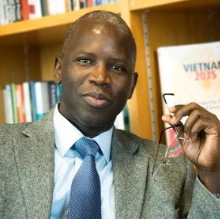
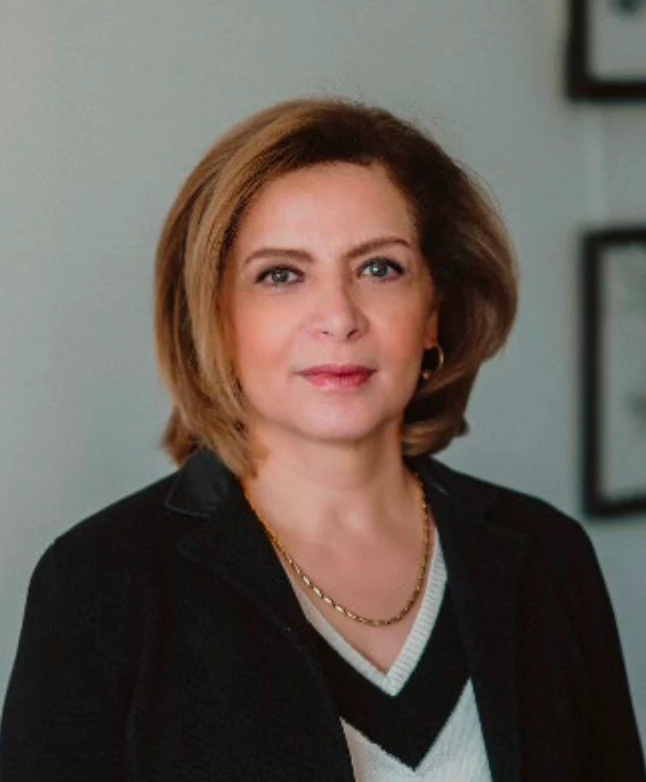
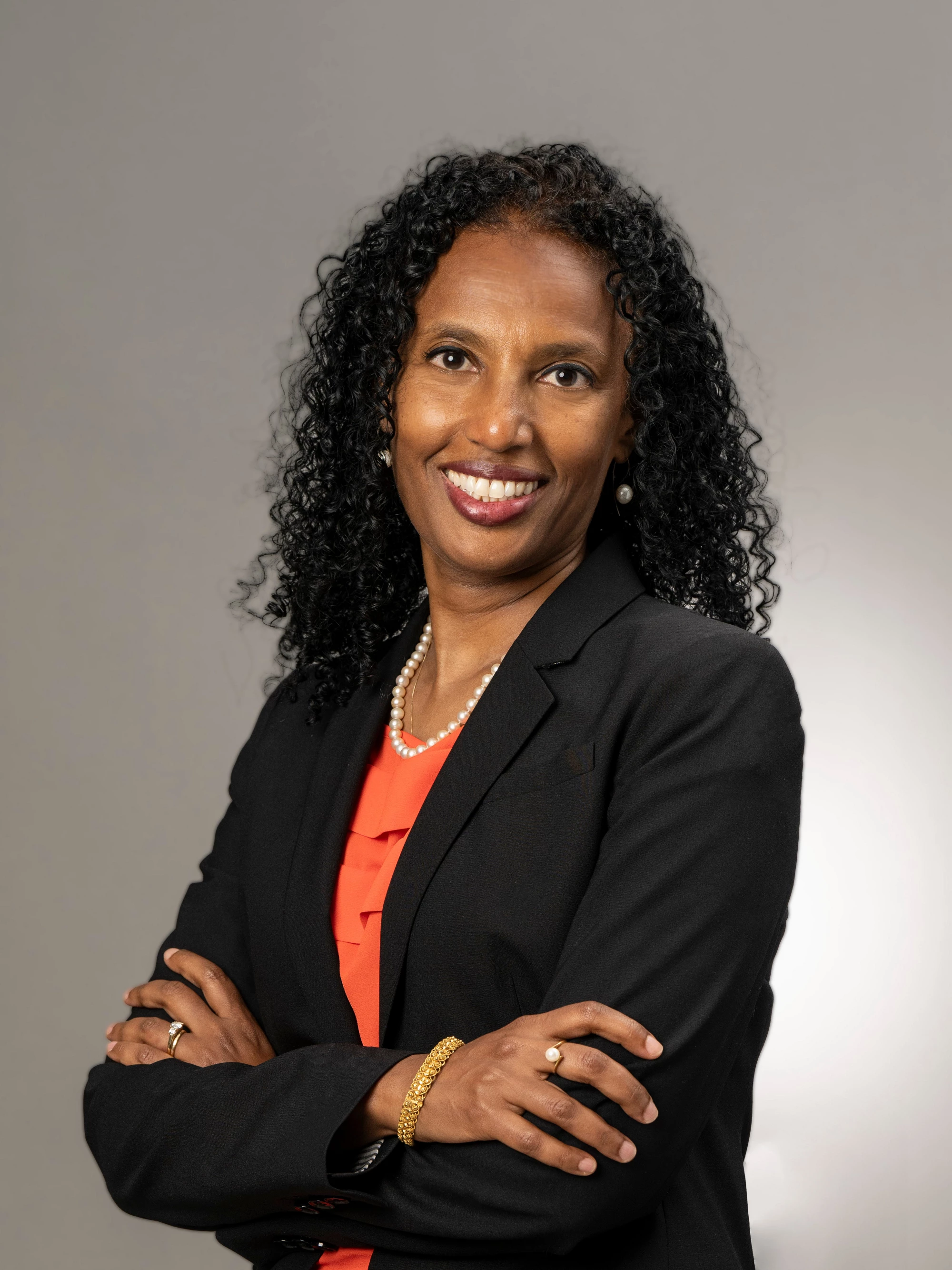
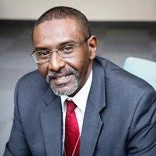
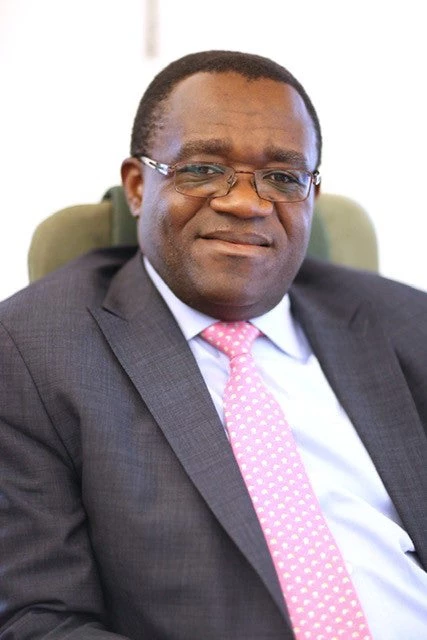
Join the Conversation